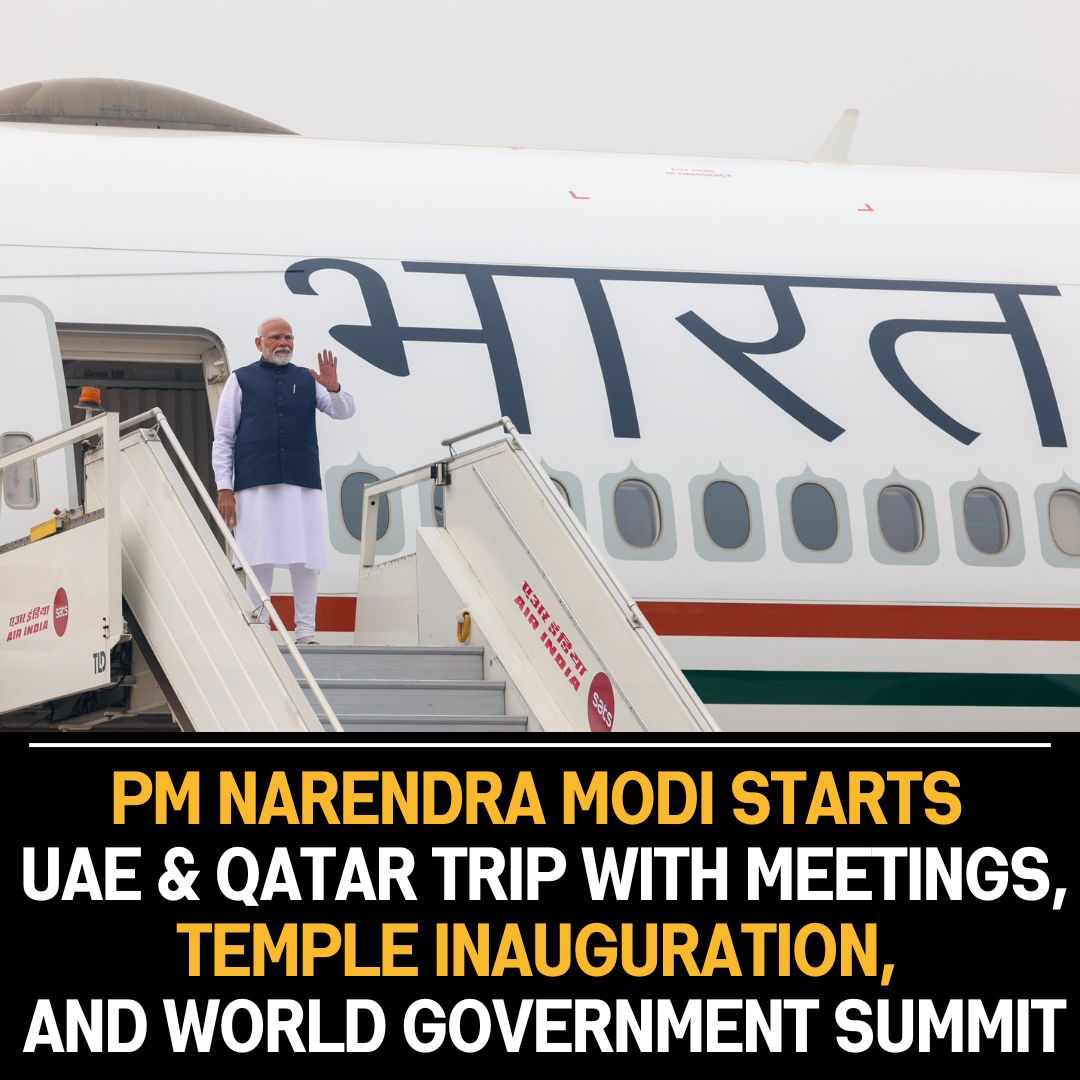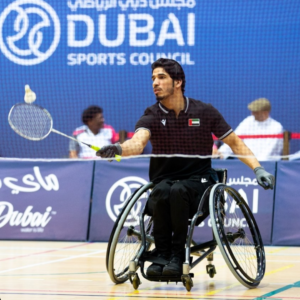In a heartwarming display of camaraderie and diplomacy, Prime Minister Narendra Modi and UAE President Mohamed bin Zayed Al Nahyan shared an affectionate embrace upon the Prime Minister’s arrival in Abu Dhabi. This gesture set the tone for a series of bilateral meetings and exchange of Memorandum of Understanding (MoUs) between India and the UAE.
Expressing his gratitude for the warm welcome, PM Modi underscored the significance of the frequent interactions between the two leaders, highlighting their joint efforts in progressing across various sectors. The camaraderie between them was palpable as PM Modi referred to President Al Nahyan as his “brother,” emphasizing the strong rapport they share.
Accompanied by a high-level Indian delegation, including External Affairs Minister S Jaishankar and National Security Advisor Ajit Doval, PM Modi engaged in discussions aimed at strengthening the partnership between India and the UAE. The signing of various agreements further solidified the collaborative efforts between the two nations, spanning fields such as trade, investment, and strategic cooperation.
The visit also witnessed PM Modi receiving a guard of honor, symbolizing the respect and honor accorded to him by the UAE authorities. This ceremonial gesture added a touch of grandeur to the diplomatic proceedings, showcasing the importance attached to the bilateral relations between India and the UAE.
On the digital front, PM Modi took to social media platform X to express his anticipation for the meeting with President Al Nahyan, underscoring the significance of their friendship and mutual respect. The use of social media as a platform for diplomatic communication reflects the modern and tech-savvy approach adopted by world leaders in fostering international relations.
Overall, PM Modi’s visit to the UAE exemplifies the depth and breadth of India-UAE ties, characterized by warmth, cooperation, and mutual benefit. As both nations continue to collaborate and engage in constructive dialogue, the prospects for furthering bilateral relations appear promising, paving the way for a more prosperous and interconnected future.









